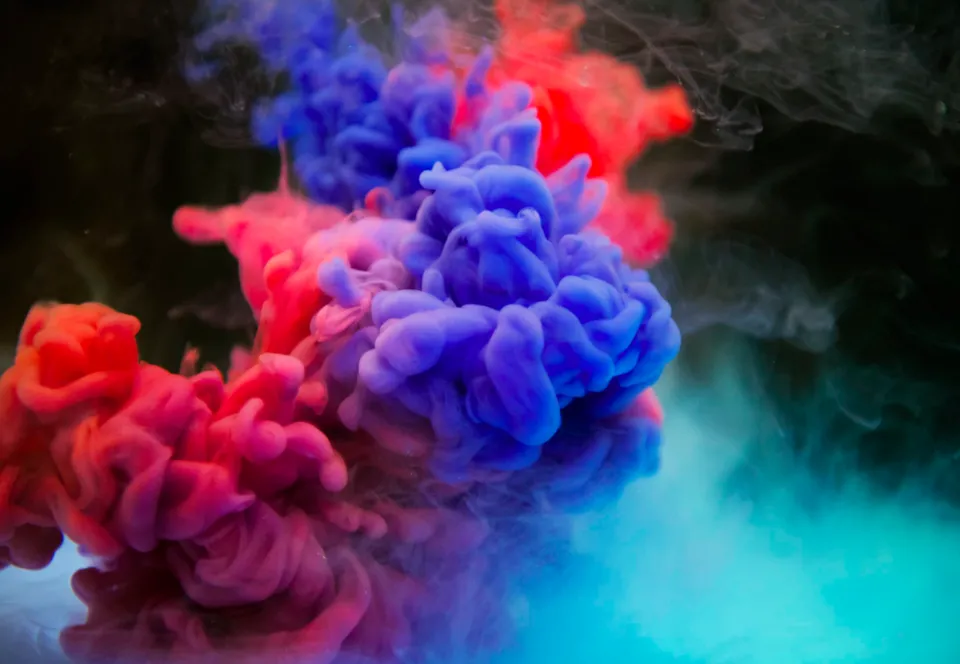Hey everyone, so in my hunt to create content for you all, I've been lucky enough to come across @sndbox-alpha's new theme - Education & Science.
The way the 'Sciences' are taught in Education is a strong topic for me - Most first-world country's mainstream education is lacking. Systems are dated and the split between 'Creative' fields and 'Science' creates separation between individuals and industries that instead, can collaborate.
Let's get into it,
How was Science portrayed in your Education?
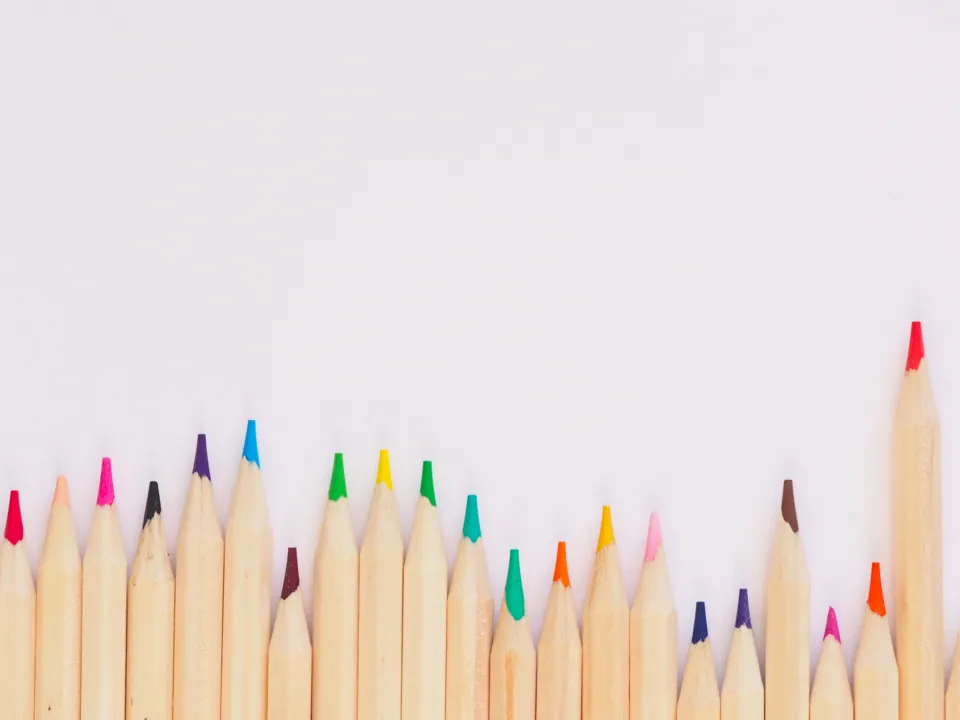
Photo by Jess Watters on Unsplash
And do we even need traditional Education?
For me, I went to a traditional Primary School and High School in Western Australia. After graduating, I went straight to university for a year and a half before dropping out. There were many reasons why, one of the main ones being I didn't feel I needed a degree in Computer Science to do Computer Science.
If I wanted to develop code, I could develop code; we're all aware of the incredible online resources we have available to us. In fact, there's only a select few fields that you need to study traditionally to succeed and create impact within; and thanks to Blockchain driven systems, even these fields have new avenues opening up. (Cheers to the decentralisation pioneers)
Doing well in Science required little more than linear-thinking.
I didn't mind Science in high school, it was a field I could study on my own and succeed at on my own; completing calculations in physics gave me a kick and the theory within Chemistry got me excited to learn more about the world around us.
My Chemistry teacher saw the value in connecting with us a bit more than other teachers; the classes were more collaborative - anyone heard of Le Chatelier's principle on chemical equilibria? We called it 'Le Chat', which became 'The shit'.. Anyway.
'Science' was actually really interesting; however, passing classes merely meant applying the right formulas and regurgitating theory - the tests lacked space for creativity and collaboration, as most traditional schooling environments do.
And despite this not being the case in all schools, it is for the majority.
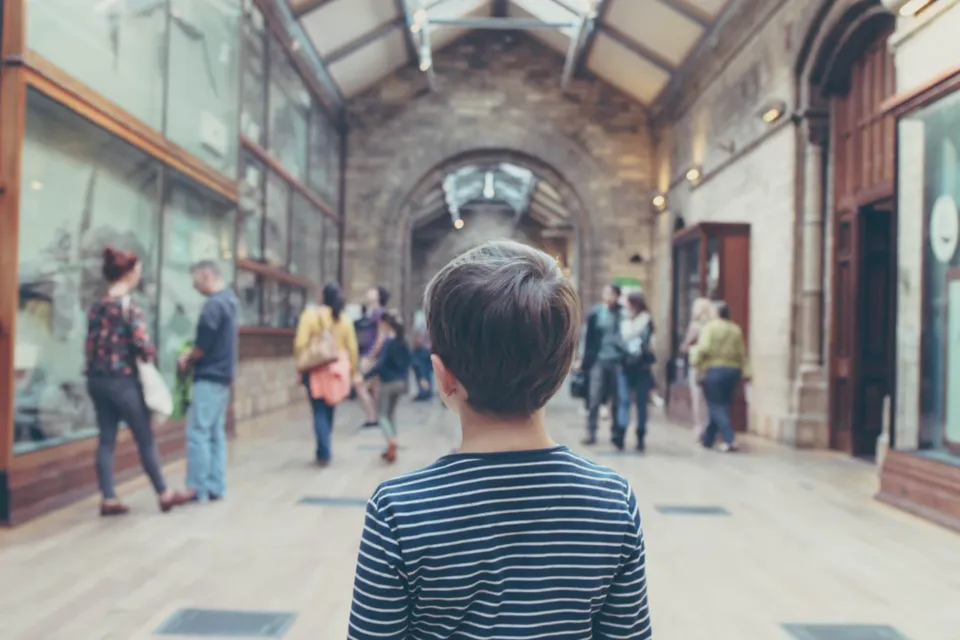
Photo by Michał Parzuchowski on Unsplash
Experiential learning: the process of learning through experience. Wikipedia
Finland has the best schooling in the world; and from my research, this is down to their focus on experiences first.
The country spent time prioritising their own issues along with the world's; and refined these into learning experiences within their schooling program; meaning kids learn how to collaborate towards solutions for current problems. How amazing is that?
Source
Aside from traditional education lacking focus on what is important & relevant now, and using factory-like environments to teach, there's another issue I have; this one a bit more particular to Scientific fields.
Art Vs. Science - Science Vs. Art
In the last couple of years, particularly since returning from my solo travel, my understanding of creativity has expanded incredibly.
Creating something out of my experience, even if it's just for myself, has helped me process and actually feel like I'm making progress. What I've realised is that creativity can be accessed and applied to anything (and although there's a place for personal creations, our creations do hold value for each other.).
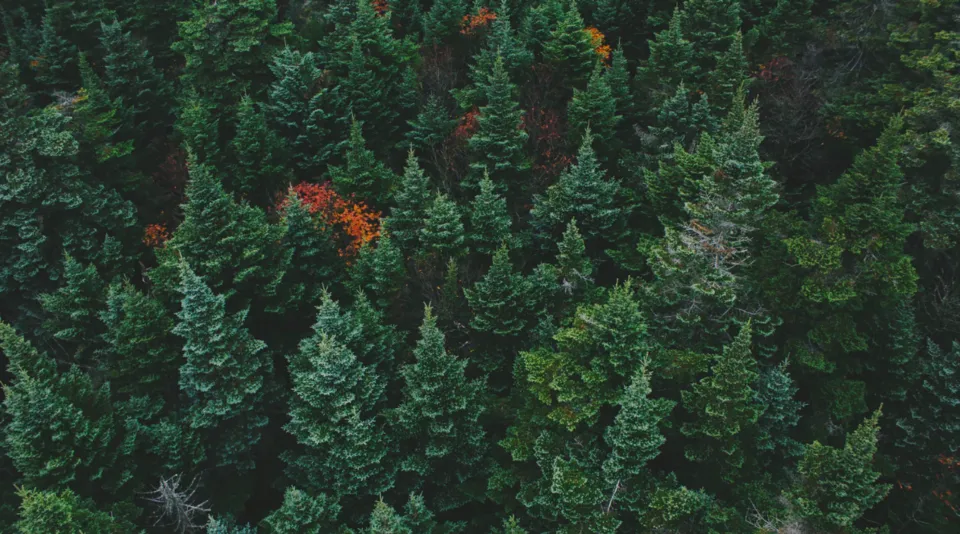
Photo by Noah Silliman on Unsplash
Through my schooling, the Sciences were seen as non-artistic & non-creative fields. Compared to music, visual art, dance and cooking - which if you were good at, you were considered creative.
Weirdly enough though, the testing methods there weren't much different to Sciences like Chemistry & Physics - but were seen as creative fields regardless.
There is in fact a ton of room to get creative in the way we learn and solve problems, we just weren't given these opportunities in traditional education; and the affect of labelling one as "non-creative" can form some incredibly limiting self-beliefs.
For example, a very close friend of mine is a full-stack software engineer; a passionate one. During an extremely stressful period about 10 months ago he would say, "all my life I've been the scientist and now I want to be the artist." As if his thousands of lines of code weren't refined beautifully and the software that'd been created didn't have creative value.
Because the processes were a bit more scientific and analytical, he didn't believe his creations were artistic. When in fact, computer science is arguably one of the most creative fields in existence.
The split of 'Creative' fields in Education
It frustrates the shit out of me.
It's completely ironic, especially considering that the 'Liberal Arts', oldest programme in higher Western education encapsulated what was required to live 'as a free person'. This included anything from music all the way through to physics - and my current understanding is that the liberal arts once taught what you have to know to be truly free in the relevant state of society. Source
And now, what is required to be 'free' is a mess, it's hardly talked about. Our lives are spent in a limited freedom designed to have us live capitalist-serving lives; and with it come limiting-beliefs over what we can and can't do - and this, is perhaps our largest issue.
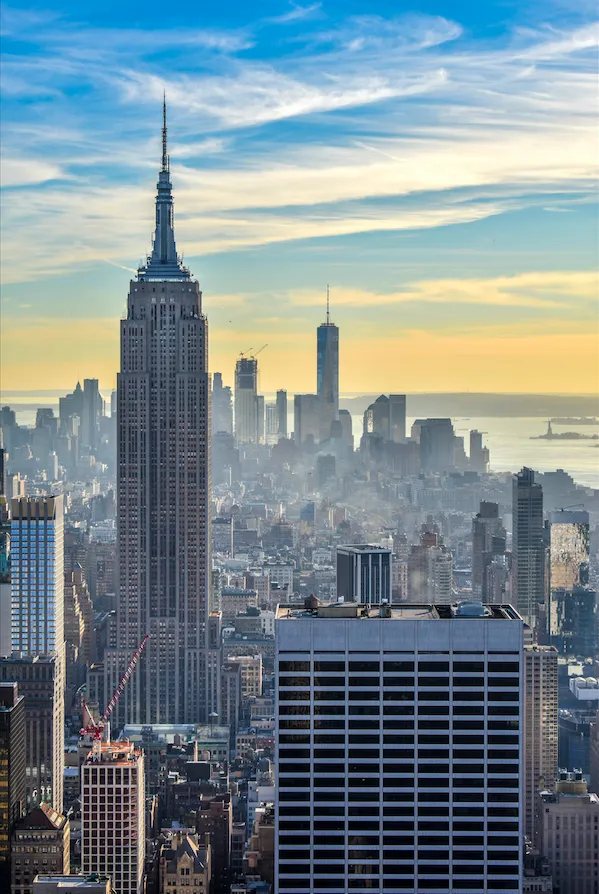
Photo by Glen . on Unsplash
Creative freedom still feels a way away for mass-society, but maybe not. Decentralisation is a great answer to a lot of questions we didn't know we had. At the end of the day though, all we are really doing is going back to what our intuition tells us is right.
What do you think?
How will education change?
How will 'work' change?
Have you learned something new that you once thought you couldn't?
Thank you for reading! If you enjoyed this, reach out by commenting, upvoting or resteeming! I appreciate all of the support.
See you around
